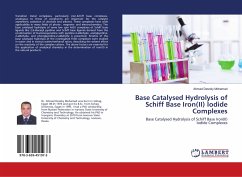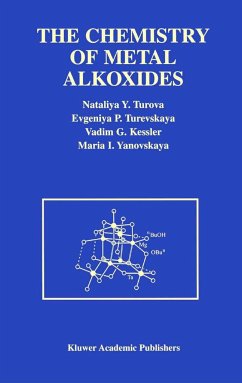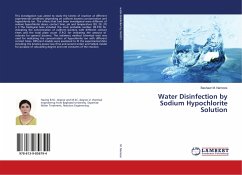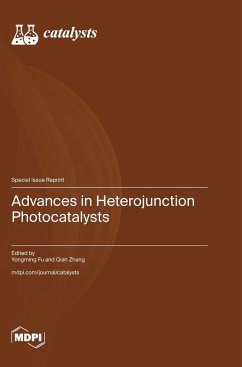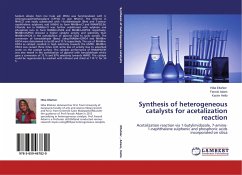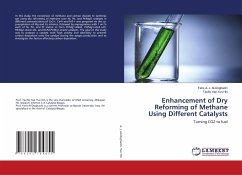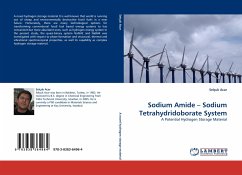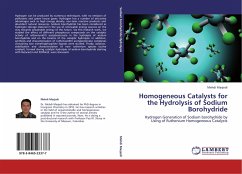
Homogeneous Catalysts for the Hydrolysis of Sodium Borohydride
Hydrogen Generation of Sodium borohydride by Using of Ruthenium Homogeneous Catalysts
Versandkostenfrei!
Versandfertig in 6-10 Tagen
39,99 €
inkl. MwSt.

PAYBACK Punkte
20 °P sammeln!
Hydrogen can be produced by numerous techniques, with no emission of pollutants and green house gases. Hydrogen has a number of attractive advantages such as high energy density, non-toxic reaction products and abundant natural resources. Sodium borohydride has been considered as hydrogen storage material in the use of renewable energy sources on the way towards sustainable energy of the future. Via this research work, we studied the effect of different phosphorus compounds on the catalytic activity of ruthenium(III) acetylacetonate in the hydrolysis of sodium borohydride and on the kinetics o...
Hydrogen can be produced by numerous techniques, with no emission of pollutants and green house gases. Hydrogen has a number of attractive advantages such as high energy density, non-toxic reaction products and abundant natural resources. Sodium borohydride has been considered as hydrogen storage material in the use of renewable energy sources on the way towards sustainable energy of the future. Via this research work, we studied the effect of different phosphorus compounds on the catalytic activity of ruthenium(III) acetylacetonate in the hydrolysis of sodium borohydride and on the kinetics of the catalytic hydrolysis. In addition, synthesis and characterization of ruthenium(III) acetylacetonato complexes containing two trimethylphosphite ligands were studied. Finally, isolation, stabilization and characterization of new ruthenium species (active catalyst), formed during catalytic hydrolysis of sodium borohydride starting with Ru(acac)3 and P(OMe)3, were discussed.




